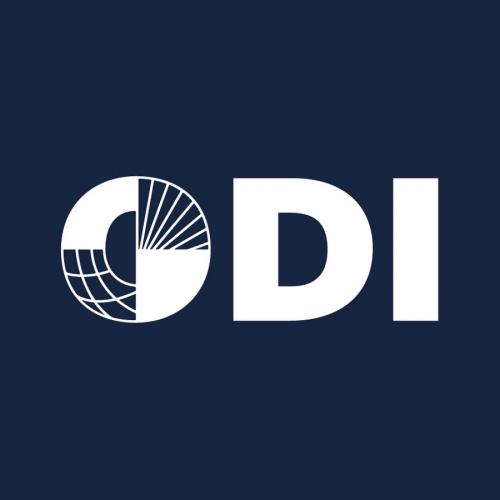
Content warning: The full working paper (available as an accessible PDF) references first-hand accounts of sexual violence against children.
This study explores the hypothesis that not only are women’s rights organisations (WROs) working in crisis settings already active in providing humanitarian assistance, but also continued failure to support them in this capacity risks further marginalising and harming their constituencies, entrenching inequalities and undermining efforts towards gender justice.
They have demonstrated their deep knowledge and understanding of crisis contexts and the communities they serve, as well as their capability and adaptability. However, they are an underserved and little-recognised set of humanitarian actors. This research examines WROs’ experiences of the pandemic and related containment measures in South Sudan and Kenya, but it will hold relevance for international agencies engaged in gender-responsive and local humanitarian action, with recommendations for doing this work more ethically, supportively and appropriately. It will also hold true for a range of other local or place-based civil society organisations (CSOs) serving marginalised communities.










Add new comment